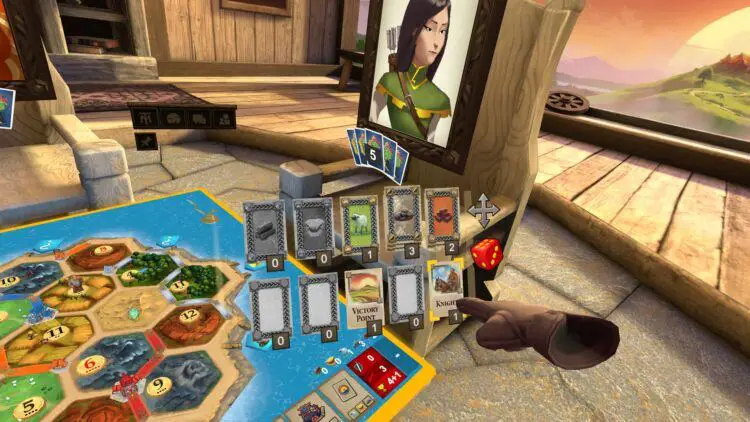In an age where technology permeates nearly every facet of life, it’s no surprise that our beloved tabletop games are also taking the digital leap. Our leisure activities are now shaped and enhanced by astonishing advancements in tech. With the integration of technology, traditional games are evolving, reaching new heights and broader audiences. And one frontier that holds immense potential is Virtual Reality (VR).
The evolution of tabletop games
The concept of tabletop games has thrived for centuries, spanning back to ancient civilizations. This enduring fascination with games has evolved alongside our society, growing in complexity and diversifying in genres. It’s a testament to our collective love for storytelling, strategic thinking, and social interaction. With the advent of technology, board games have begun to blend the physical and digital realms, marking a new epoch in this traditional pastime.
Enter Virtual Reality: A new playing field
Virtual Reality offers a unique proposition for tabletop gaming. It promises to bridge the gap between the tangible feel of game pieces and the boundless possibilities of the digital world. VR could effectively immerse players in fantastical game environments, fostering a sense of presence and interactivity that’s unprecedented. Imagine the thrill of commanding an army in a fantasy-themed strategy game, not from a bird’s-eye view, but right from the front lines. Visualize the possibility of transforming your living room into the crime scene of a murder mystery game, where clues are hidden within the VR environment.
A case for VR in tabletop gaming
While these ideas might seem ambitious, recent advancements in VR technology have shown that they’re not far from reality. Apart from significantly enhancing the visual experience, VR could also improve the social aspect of gaming. Multiplayer VR tabletop games could allow players from around the globe to gather in a virtual space, preserving the friendship and social interaction inherent in these games. Virtual avatars could reflect real-life body language, adding an additional layer of nuance to the gameplay.
Parallels with other industries: The ‘Live Blackjack’ example
When discussing the transformation of traditional games, it’s worth mentioning the revolution experienced by the casino industry. For instance, consider the phenomenon of live blackjack. This classic casino game has been transformed by technology into an immersive online experience, recreating the true game from the casino floor, which you can experience without leaving your home. Through real-time streaming, players can interact with a live dealer, providing a sense of authenticity and engagement that was previously exclusive to physical casinos. This example is illustrative of the profound impact technology can have on traditional games and activities.
Challenges and future perspectives
Despite its promising potential, the implementation of VR in tabletop games is not without its challenges. Issues such as affordability, usability, and the need for compelling content are significant hurdles to overcome. However, with the rapid pace of technological advancements and the increasing acceptance of VR as a mainstream entertainment medium, these obstacles could soon be surmountable.
Looking towards the future, it’s fascinating to envision how VR could further redefine tabletop games. The marriage of VR and tabletop gaming could pave the way for experiences that are more immersive, interactive, and socially engaging than ever before. As we stand on the precipice of this exciting frontier, we can’t help but marvel at the potential held within this technology-infused era of gaming.





